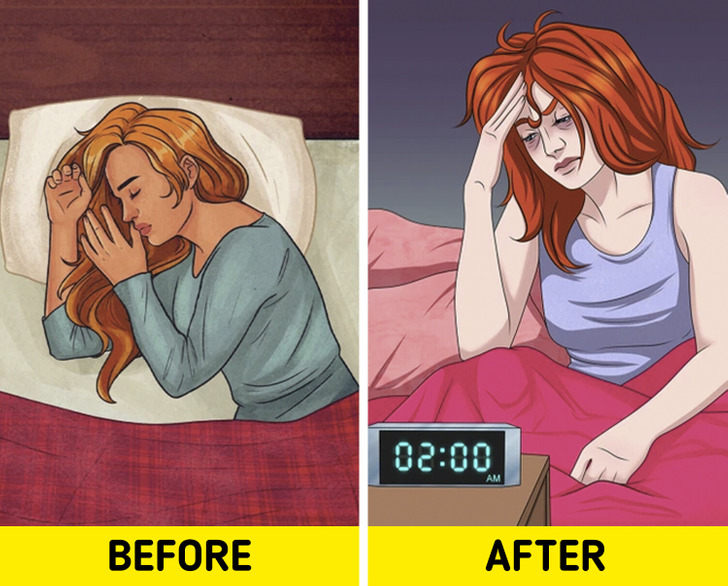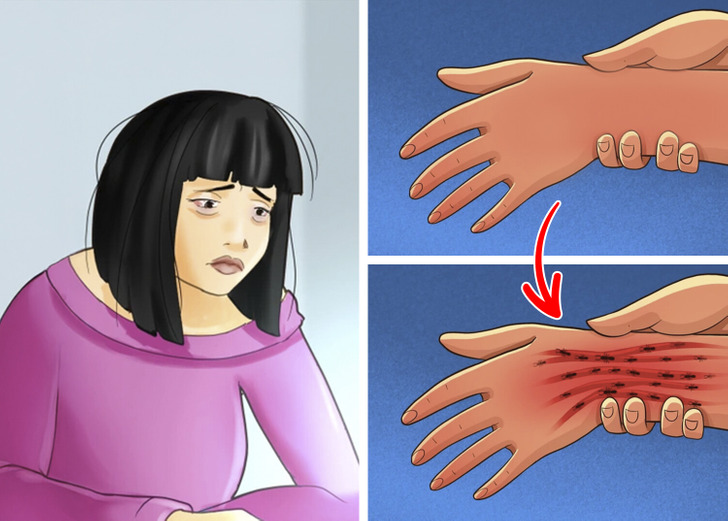
CONTENT IS PROVIDED FOR INFORMATIONAL PURPOSES ONLY AND IS NOT INTENDED AS A SUBSTITUTE OF MEDICAL ADVICE.SEEK GUIDANCE OF YOUR DOCTOR REGARDING YOUR HEALTH AND MEDICAL CONDITIONS.
Sudden hiccups

Unexplained nausea or vomiting

Extreme fatigue

Chest pain or shortness of breath

Sudden confusion or behavior changes

Severe and unexplainable headaches

General weakness (not just on one side)

- Monitor your blood pressure: High blood pressure is a major stroke risk factor. Keep it in check with a healthy diet, regular exercise, and stress management.
- Stay active: Moving your body every day helps improve circulation and keeps your heart in top shape. Even a 30-minute walk can make a difference.
- Eat smart: Load up on whole foods, fruits, and veggies while cutting back on processed snacks and excess salt. Your arteries will thank you.
- Know your hormones: Birth control pills, pregnancy, and menopause can all affect stroke risk. Talk to your doctor about how to manage these changes safely.
- Quit smoking: If you smoke, now’s the time to stop. Smoking dramatically increases stroke risk, and quitting can have immediate benefits.
- Listen to your body: If something feels wrong, don’t wait it out. The faster you act, the better the outcome.